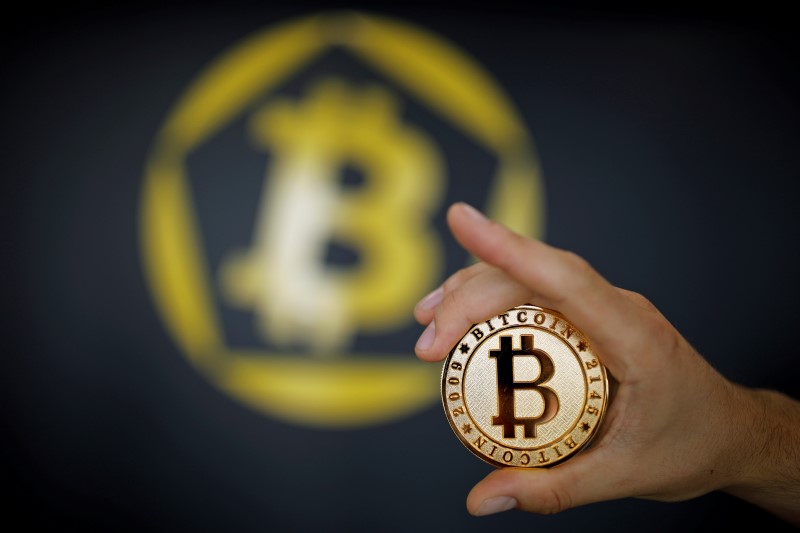Photo by Andrey Metelev on Unsplash
This post contains sponsored advertising content. This content is for informational purposes only and is not intended to be investing advice.
It seems as though you can’t go two minutes today without hearing the word NFT. The digital assets have taken the world by storm, absolutely exploding in popularity.
Celebrities, business leaders, even politicians are cashing in on the fever. Jack Dorsey, CEO of Block Inc. (NYSE: SQ) and former CEO of Twitter Inc . (NYSE: NYSE:TWTR) sold the first-ever tweet for just under $3 million. Last February, Christie Group plc (LON: CTG) auctioned off 5,000 digital artworks by Wisconsin artist Beeple. The opening bid was set for $100.
The collection sold for $69 million.
OpenSea, the largest open marketplace for non-fungible tokens (NFTs), had a quarterly volume of $10.7 billion in the third quarter of 2021 — well over half that of e-commerce giant eBay Inc. (NASDAQ: NASDAQ:EBAY) in the same quarter.
So what is an NFT? NFT stands for non-fungible token. Non-fungible essentially means unique or non interchangeable. An asset that is non-fungible cannot be arbitrarily swapped with another — it is one of a kind. This stands in contrast to a fungible asset that can be swapped for another indiscriminately. If you have a $5 bill and trade it for another $5 bill, you still have $5. Nothing has changed. The same can be said for Bitcoin (CRYPTO: BTC). One Bitcoin is the same as any other Bitcoin.
Viewing this through the lens of art collecting is perhaps the most straightforward metaphor, and indeed, digital art is by far the most popular manifestation of NFTs today.
Owning an NFT is like owning an original painting. Only one Mona Lisa exists painted by Leonardo da Vinci himself. Many copies exist – posters, digitized versions – but only one is the original. An NFT gives an immutable record of ownership, like a perfect provenance that cannot be faked.
Although this is a popular metaphor, it really isn’t quite so simple. The Mona Lisa is a physical object, its uniqueness is readily apparent — except in the case of forgery, but this is exceptionally hard to pull off.
But a digital picture of an ape can simply be copied and pasted. The copy is exactly the same, pixel for pixel. When it comes to digital art, an NFT is really about a record of ownership above all else. Who owns the original cannot be faked or copied.
That ownership is arguably where the power of NFTs is realized. NFTs and the innovation of the blockchain can allow for a more direct link between artist and admirer, creator and collecter.
Many companies in many industries — from investment fund managers like Invictus Capital and its NFT Lab, to global clothing brand Nike (NYSE: NYSE:NKE) and its acquisition of RTFKT — are getting involved in both the art side and other uses.
This post contains sponsored advertising content. This content is for informational purposes only and is not intended to be investing advice.
© 2022 Benzinga.com. Benzinga does not provide investment advice. All rights reserved.
